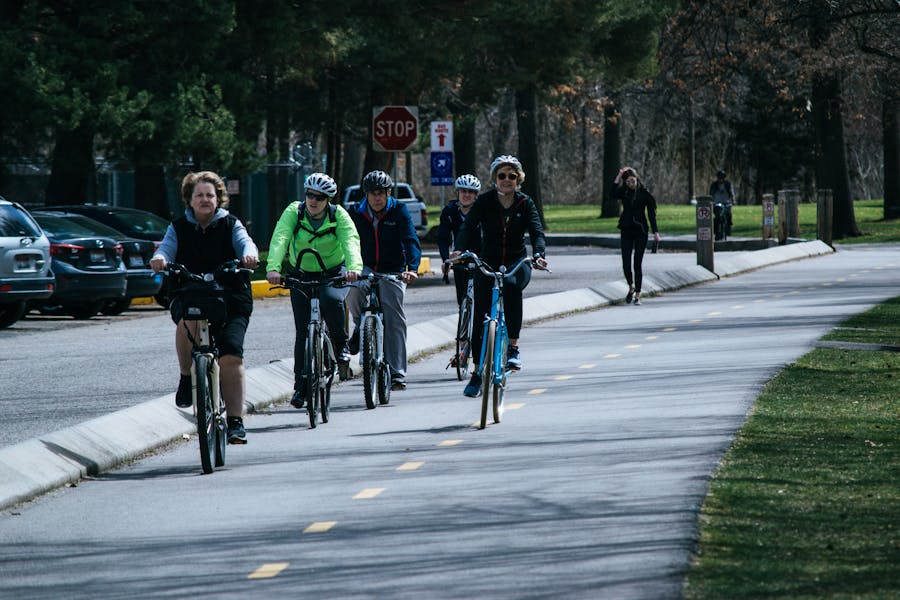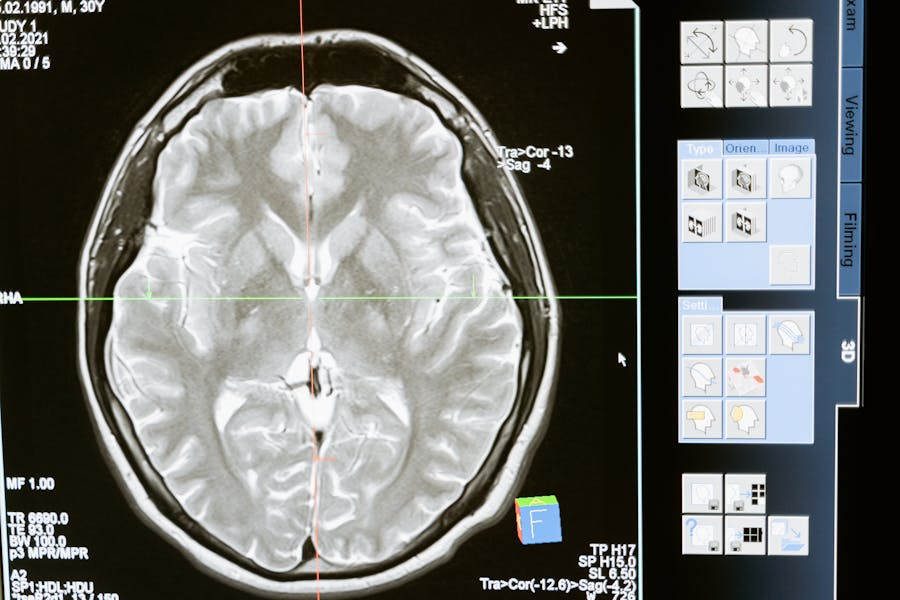


Cycling and the fight against dementia may seem like an unlikely pairing until you look at the numbers.
Dementia, a condition affecting nearly a million people in the UK and over seven million in the U.S., is claiming lives faster than heart disease or cancer.
But a recent study from China may offer an unexpected line of defense: the bicycle.

Researchers at Huazhong University in Wuhan studied health records of nearly half a million adults in the UK over 13 years.
They found those who used a bicycle as their main form of transportation had notably lower rates of dementia diagnoses. The figures were hard to ignore:
The study tracked transport habits over a four-week window at the start of the research, then followed up with health outcomes over more than a decade.
While this doesn’t prove cause and effect, it strongly supports the idea that consistent movement—especially biking—could protect long-term brain health.
Dr. Yaqi Zhang, one of the lead authors, stated, “Even for those with a genetic predisposition, we saw benefits.”

Cycling isn’t just physical exertion. It demands attention, coordination, and decision-making.
Riders must navigate traffic, adjust for hazards, recall directions—all mental tasks that activate key parts of the brain.
MRI scans showed that regular cyclists tend to have a larger hippocampus, the brain’s memory and learning hub.
That’s the very region first hit by Alzheimer’s.

The study also looked at people with the APOE-e4 gene—a genetic variant linked to a higher chance of Alzheimer’s.
Actor Chris Hemsworth recently revealed he carries it, putting a spotlight on the gene’s impact.
Cycling didn’t erase the risk, but it helped. People with APOE-e4 who biked regularly still saw meaningful reductions in dementia diagnoses.
“This breaks the narrative that genes are destiny,” the researchers wrote. “Daily movement, especially cycling, may still slow the disease.”

In the UK, dementia is now the top cause of death. By 2045, University College London predicts diagnoses will rise to 1.7 million—an 80% jump.
The annual cost to the UK economy is already £42 billion. By 2040, it’s expected to more than double.
Young-onset dementia is also rising fast—up 69% in Britain since 2014. There are now 71,000 people under 65 living with the condition.
While aging is the biggest factor, researchers point to other triggers: poor diets, long-term stress, and inactivity.
In that context, bike lanes are more than infrastructure, they’re public health investments.

Other studies show long hours of sitting—even with regular gym workouts—can increase Alzheimer’s risk.
Cycling as part of a daily routine might protect more effectively than structured exercise.
The takeaway isn’t to compete in a triathlon. It’s about choosing movement. Riding to work. Biking to the store. Shifting how we move through our day.

Urban planning decisions may influence the course of this disease more than we expect.
The study’s authors call for city design that prioritizes “active travel.”
“This isn’t about elite fitness,” Dr. Zhang said. “It’s about making it easy for people to keep moving, every day.”
As countries brace for a sharp rise in dementia cases, solutions may come not from a lab, but from something far simpler: a daily ride.